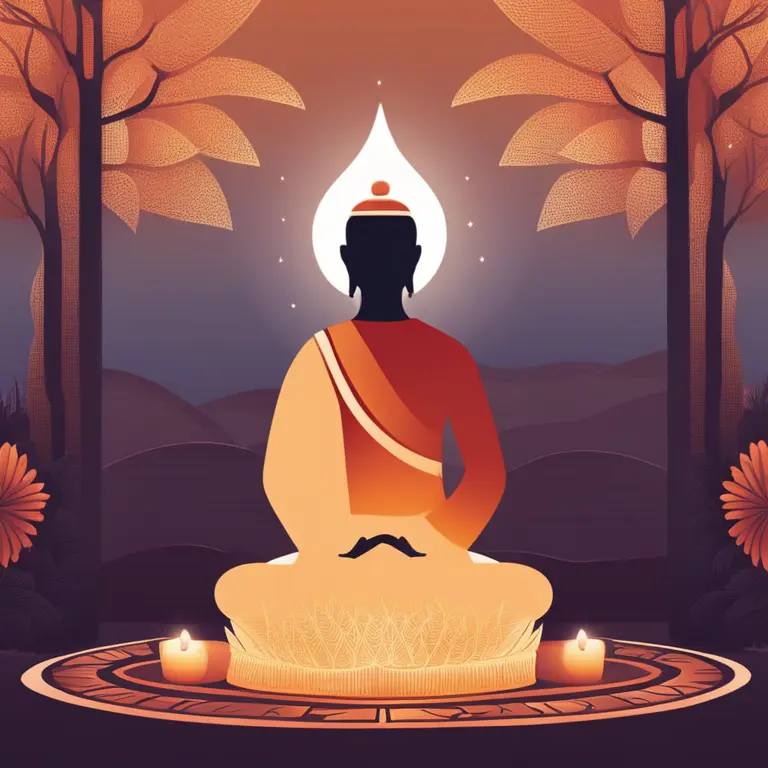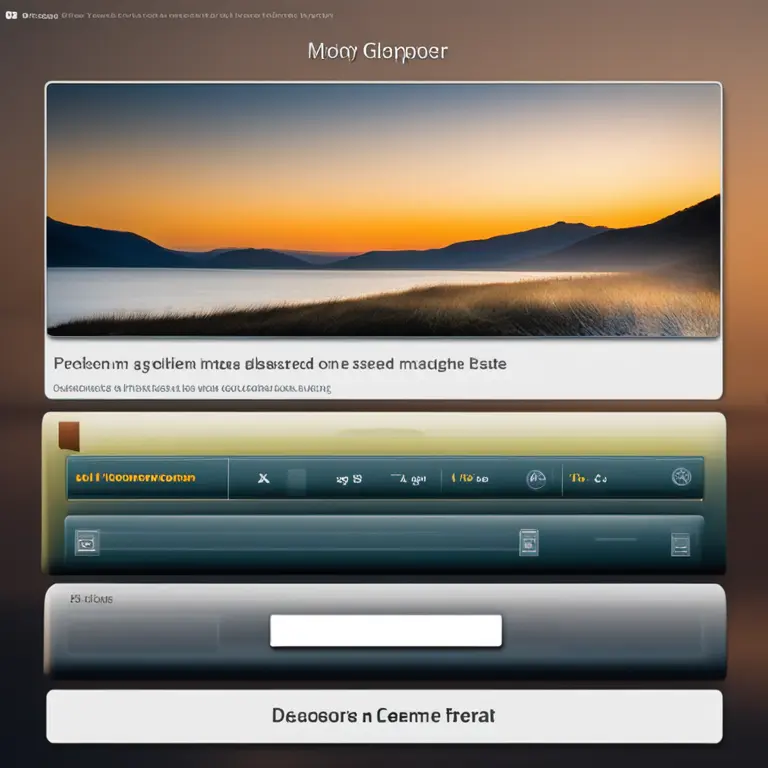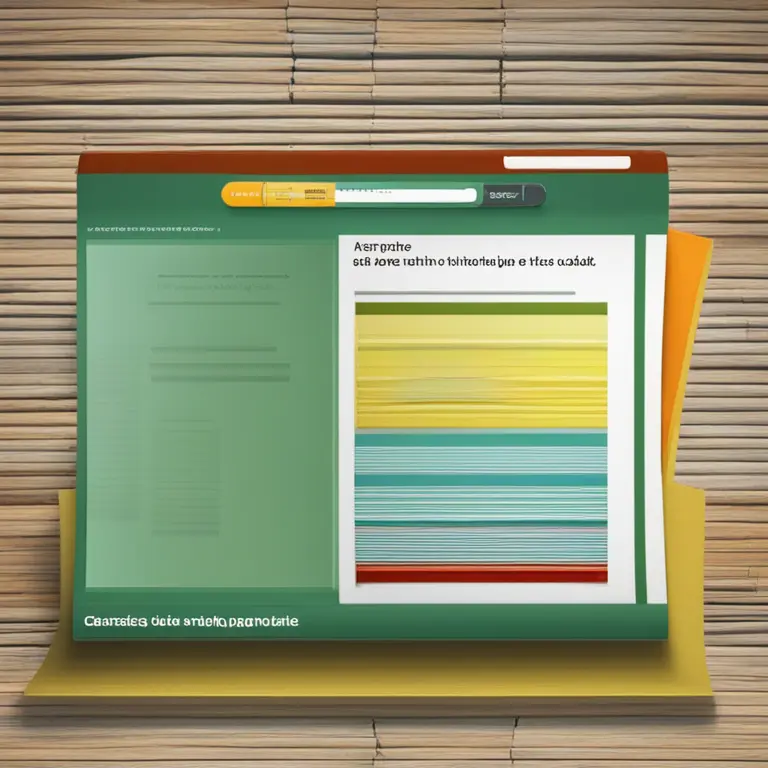
The Roots of Meditation Journey
Delve into the roots of meditation, its transformative journey across cultures, and the profound impacts it holds for practitioners today.
article by Hina Kurosawa
The Dawn of Stillness
Meditation, a practice intimately tied to the human pursuit of inner peace and enlightenment, boasts an ancient pedigree with records going back thousands of years. While definitive origins are lost to time, evidence suggests it began in the Indian subcontinent. Carvings depicting figures in meditative-like postures date back to around 5,000 BCE. These figures reflect an early recognition of meditation's value in the journey towards self-discovery and spiritual connection, setting the stage for what would become an integral element of human wellness.

Sacred Texts and Practices
Meditation features prominently in the Vedas - the oldest texts of Hinduism (1500 BCE). It was further refined in Buddhism, where Siddhartha Gautama, the Buddha, attained enlightenment through deep meditation. The spread of Buddhism (6th century BCE) across Asia diversified and established meditative practices as cornerstone spiritual exercises. As these teachings crossed borders, every culture influenced and adapted meditation, embedding it within their own spiritual frameworks and daily lives.

The Eastern Spread
Through the Silk Road and scholars like D.T. Suzuki, meditation practices seeped into East Asian cultures. China embraced these techniques through Taoism and Confucianism, while Zen Buddhism, a meditation-centered discipline, flourished in Japan. With each transition, new forms and nuances arose, demonstrating meditation's inherent adaptability to the spiritual and communal needs of diverse societies.

The Western Encounter
Meditation’s encounter with the West was gradual but transformative. The Theosophical Society in the 19th century and later the Transcendental Meditation movement of the 20th century played pivotal roles in its Western integration. Latest neuroscientific research has catalyzed a secularized adoption of meditation, focusing on its health benefits. This data-driven approach appeals to Western minds, leading to the widespread practice we witness in contemporary society.

Modern Technology and Meditation
The leap into the digital age welcomed meditation apps and virtual reality experiences. These tools have democratized meditation, making it accessible to anyone with internet access and further divorcing it from its exclusively spiritual connotations. The emphasis on mindfulness in corporate culture and education as of 2024 reflects a global acknowledgment of meditation’s utility for mental health and emotional regulation.
The Future of Stillness
As we venture further into the 2020s, meditation continues to evolve, intersecting with emerging technologies and psychological insights. Its origin as an esoteric, spiritual discipline has transformed into a universal practice with scientifically backed benefits. This shift towards an evidence-based appreciation ensures the persistence and continual adaptation of meditation in global wellness culture.
Published: 1/24/2024
Modified: 1/24/2024
More predictions
Come back here soon to learn more about yourself and your future


Soothing Sleep-inducing Meditation Techniques
Discover effective sleep-inducing meditation strategies in this enlightening article. Learn to drift into deep, restful slumber with ease.


Soothing Sleep: Meditation for Restful Nights
Discover effective meditation practices to enhance sleep quality and embrace restfulness in this insightful article.


The Most Effective Meditation Techniques for Harmony
Discover the potency of various meditation practices tailored for spiritual harmony and self-mastery as we navigate the diverse landscape of mindful tranquility.